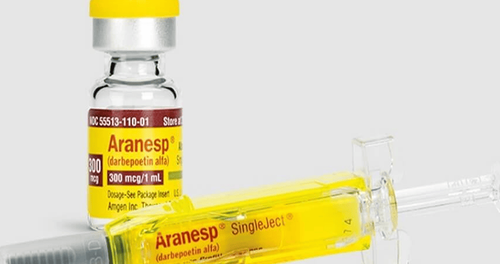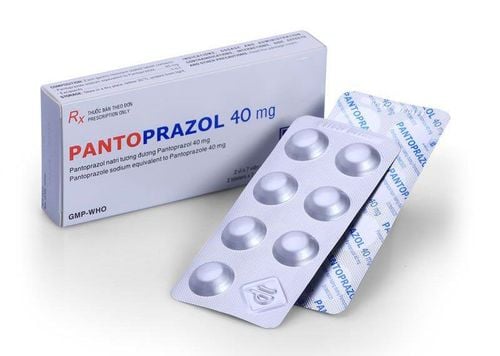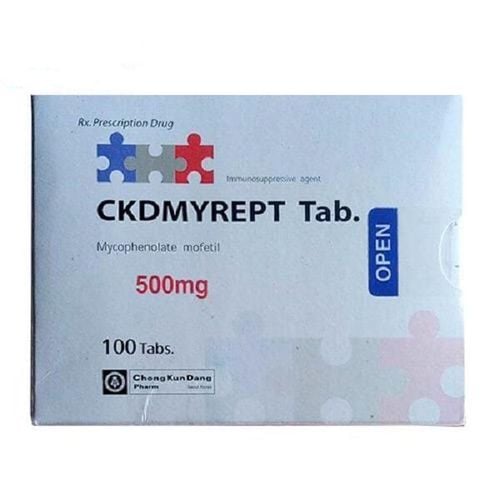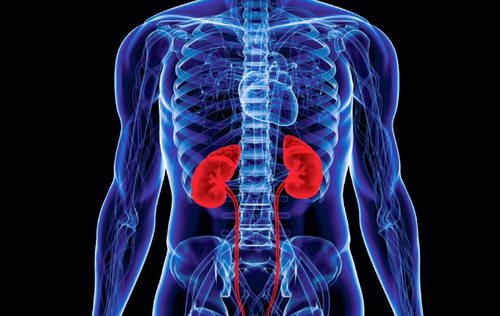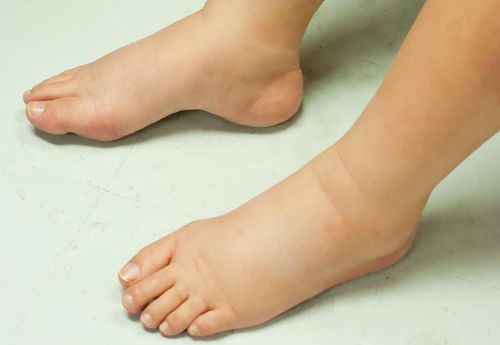This is an automatically translated article.
The article was professionally consulted with Specialist Doctor I Nguyen Hung - Doctor of Endocrinology - Department of Medical Examination & Internal Medicine - Vinmec Danang International General Hospital.Hemodialysis is a fairly common indication in the treatment of chronic kidney disease, helping to prolong and improve the quality of life of hundreds of thousands of patients with this disease.
1. Cases of chronic kidney failure with indications for hemodialysis
Chronic kidney failure is a fairly common disease in the community. A study in the US showed that up to 16.8% of people over 20 years old had chronic kidney disease, of which more than 500,000 people were being treated with dialysis and a kidney transplant. In Vietnam, although there has not been a study on the rate of chronic kidney failure nationwide, according to individual studies in each region, the rate of chronic kidney failure is increasing.The definition of chronic kidney disease has been changed and updated many times. According to the 2012 guidelines of the Council to Improve Global Outcomes on Kidney Disease (KDIGO), “Chronic kidney disease is a state of kidney damage that is structural or functional, manifested by the presence or absence of kidney disease. albuminuria or impaired renal function as determined by a decrease in glomerular filtration rate (<60 ml/min/1.73 m2) or renal imaging abnormalities persisting for more than 3 months.
In which, stage 5 chronic renal failure is the most severe stage, with glomerular filtration rate (GFR) < 15 ml/min/1.73 m2, manifested by uremia syndromes and hyper azotemia. End-stage renal failure requires renal replacement therapy, if left untreated, the patient will die. There are 3 methods of renal replacement therapy are:
Kidney transplant Peritoneal dialysis Hemodialysis
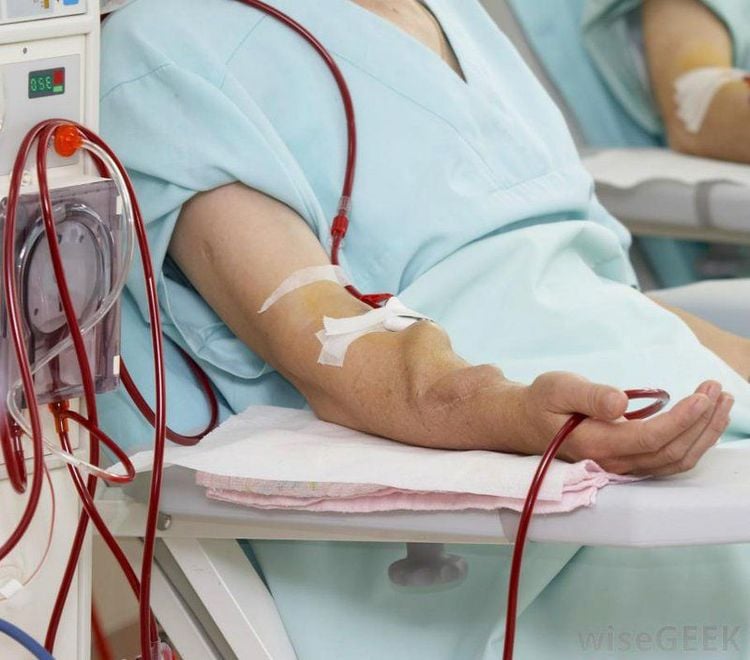
2. How is hemodialysis performed?
Patients need to be prepared weeks or months before the first hemodialysis session. During dialysis , a needle is inserted to guide blood out of the body, the blood flows to the dialysis machine and from the dialysis machine back into the body through another needle. Therefore, the needle insertion area needs to be completely healed before dialysis begins.To create a needle insertion area, the doctor will perform surgery to create a blood vessel in the arm or leg by making a subcutaneous connection between the artery and the vein, this method is called arteriovenous anastomosis (FAV). If the patient's blood vessels do not meet the requirements for FAV, the doctor may perform the Graft method, in which a flexible plastic tube is used to connect the artery and vein under the skin. Sometimes, your doctor can create a temporary passage with a narrow plastic tube attached to a large vein in your neck or inguinal vein, called a Carather catheter.

In end-stage chronic renal failure, which must be treated with hemodialysis, the patient needs to pay special attention to the lifestyle and diet. A reduced protein diet, depending on the number of dialysis sessions per week. In addition, patients need to eat less salt, phosphorus, calcium. Because of the reduced protein intake, patients need to eat more sugar, starch, and fat to avoid malnutrition. Patients also pay attention to drink water in moderation, do not drink too much water.
Patients with kidney failure need light labor, low-intensity physical exercise so as not to affect kidney function, kidney failure is not aggravated.
Please dial HOTLINE for more information or register for an appointment HERE. Download MyVinmec app to make appointments faster and to manage your bookings easily.





